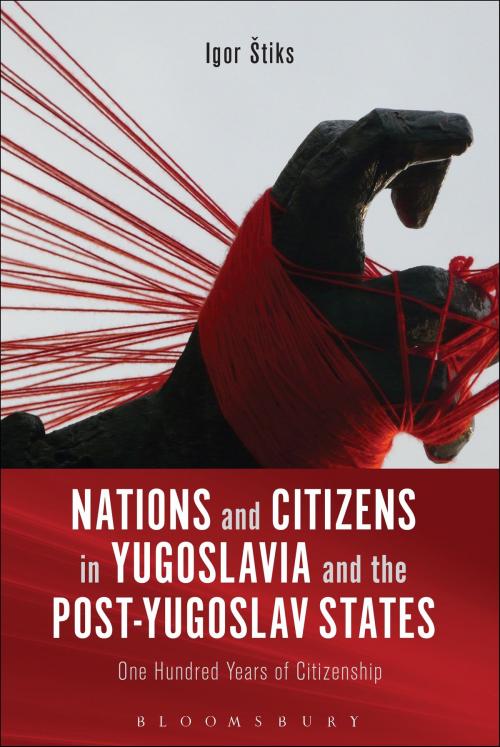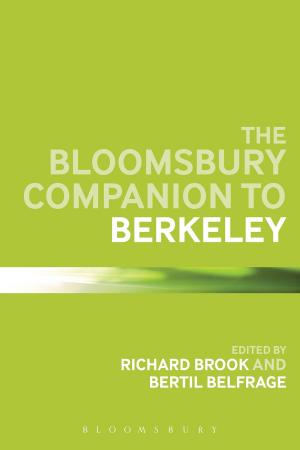Nations and Citizens in Yugoslavia and the Post-Yugoslav States
One Hundred Years of Citizenship
Nonfiction, History, Eastern Europe, Social & Cultural Studies, Political Science, Government, Civics, Social Science, Cultural Studies, Ethnic Studies| Author: | Dr Igor Š tiks | ISBN: | 9781474221542 |
| Publisher: | Bloomsbury Publishing | Publication: | July 30, 2015 |
| Imprint: | Bloomsbury Academic | Language: | English |
| Author: | Dr Igor Š tiks |
| ISBN: | 9781474221542 |
| Publisher: | Bloomsbury Publishing |
| Publication: | July 30, 2015 |
| Imprint: | Bloomsbury Academic |
| Language: | English |
Between 1914 and the present day the political makeup of the Balkans has relentlessly changed, following unpredictable shifts of international and internal borders. Between and across these borders various political communities were formed, co-existed and (dis)integrated.
By analysing one hundred years of modern citizenship in Yugoslavia and post-Yugoslav states, Igor Š tiks shows that the concept and practice of citizenship is necessary to understand how political communities are made, un-made and re-made. He argues that modern citizenship is a tool that can be used for different and opposing goals, from integration and re-unification to fragmentation and ethnic engineering.
The study of citizenship in the 'laboratory' of the Balkands offers not only an original angle to narrate an alternative political history, but also an insight into the fine mechanics and repeating glitches of modern politics, applicable to multinational states in the European Union and beyond.
Between 1914 and the present day the political makeup of the Balkans has relentlessly changed, following unpredictable shifts of international and internal borders. Between and across these borders various political communities were formed, co-existed and (dis)integrated.
By analysing one hundred years of modern citizenship in Yugoslavia and post-Yugoslav states, Igor Š tiks shows that the concept and practice of citizenship is necessary to understand how political communities are made, un-made and re-made. He argues that modern citizenship is a tool that can be used for different and opposing goals, from integration and re-unification to fragmentation and ethnic engineering.
The study of citizenship in the 'laboratory' of the Balkands offers not only an original angle to narrate an alternative political history, but also an insight into the fine mechanics and repeating glitches of modern politics, applicable to multinational states in the European Union and beyond.















